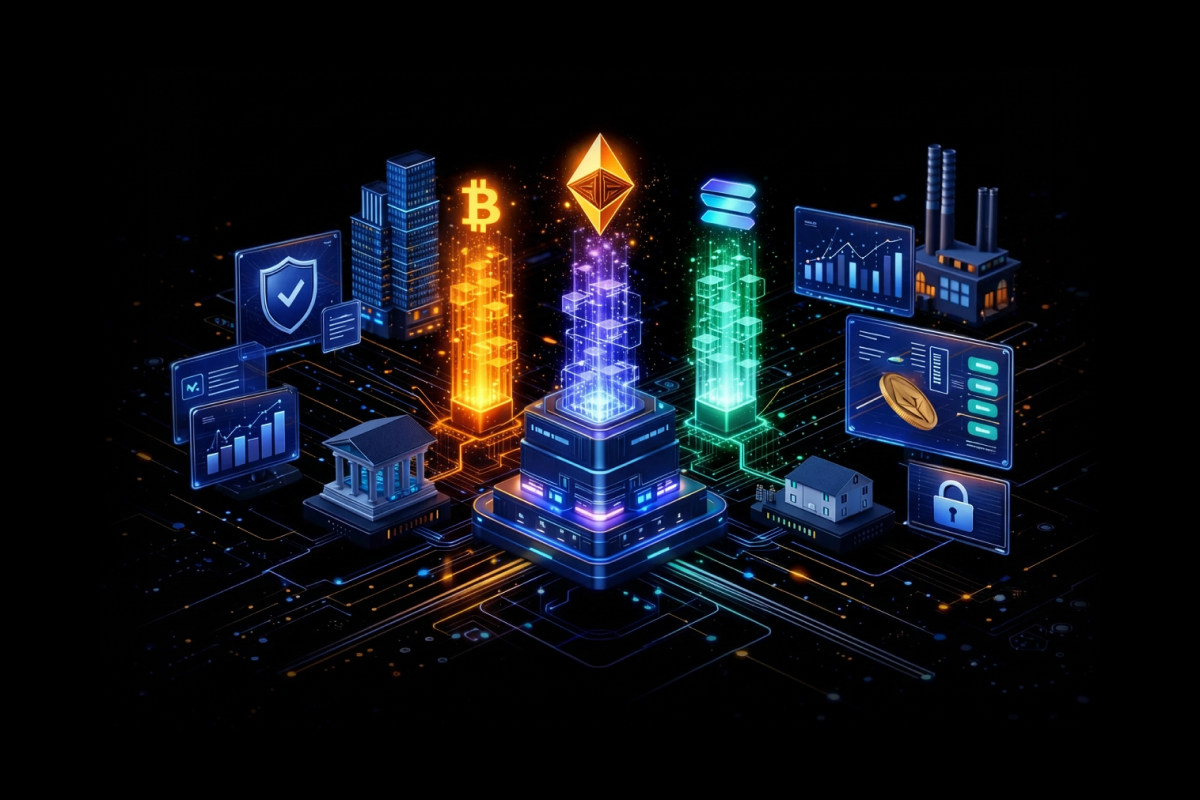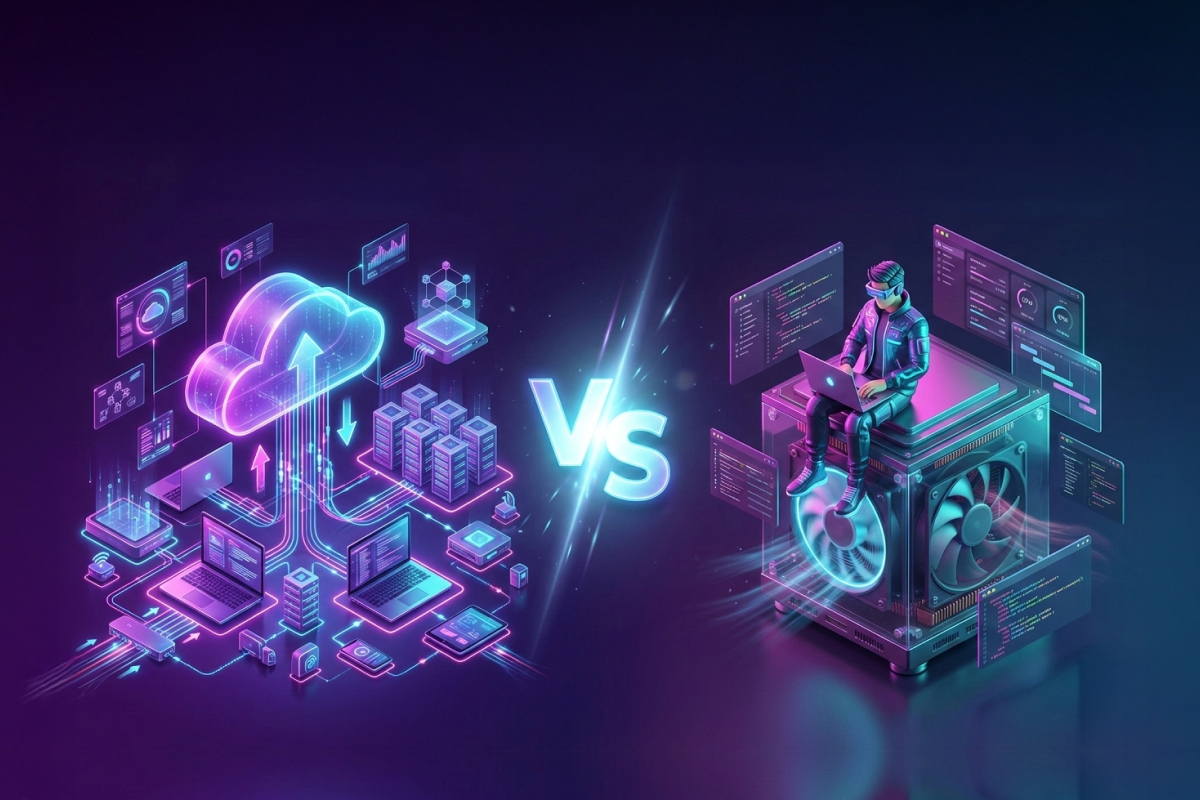SHARE THIS ARTICLE
How Zkrollups & Optimistic Rollups Can Reduce Gas Fees on Ethereum

As the fabric of technology is evolving, the use of new payment and financial transaction methods is increasing. Take cryptocurrency as an example. Today, there are hundreds of cryptocurrencies out there, like Bitcoin, Dogecoin, Ethereum, and more. And due to the widespread popularity of these blockchain networks, many tech firms have made them a mode of payment. Starbucks, Amazon, Tesla, and Microsoft are some popular names.
Now, when talking about Ethereum, there are many aspects that come into the picture linked to the usage of the blockchain. Two of those popular terms are Gas fees and Rollups. The regular gas fees required to process a transaction on the blockchain network are pretty high.
Though the blockchain offers top-notch security, high gas fees somehow discourage users. But, no need to worry; rollups can help here! If you are wondering how? Let’s read ahead and find out!
A Brief Overview of Gas Fees and Rollups!
You see, whenever a person performs an operation or makes a transaction on the Ethereum network, a usage fee is levied. This fee is called a gas fee. The fee to conduct a transaction on the Ethereum network can be pretty high based on the usage of the blockchain.
For example, you may have to pay $100 to send $500, which is ⅕th of the amount. It can be really frustrating for the users.
But, just like every problem has a solution, this one has it, too, and that is rollups.
While there are a lot of transactions to verify on the Mainnet, the overall speed can be low. Hence, there is a layer two system, or you can say another faster blockchain system on top of the primary one.
The core concept of rollups resides on layer 2 of the Ethereum blockchain. Rollups are basically scaling systems that significantly help in decreasing the overall gas fees and increase the speed of transaction processing on the blockchain network. Keep reading to know how!
What are Rollups and Their Types?
So far, we just know that rollups are an excellent tool to ensure that a low gas fee is incurred for you. However, here is the general definition of it.
Just like their name, rollups are scaling solutions that roll up or combine a number of blockchain transactions into one and feed it to the primary Ethereum blockchain or Mainnet for verification and analysis. As the cost gets divided among multiple users, the gas fee per user decreases significantly.
For example, if there are ten users trying to make transactions that gross up to $500. All these users are rolled up in layer two, and one transaction of $500 is fed to the Ethereum blockchain (the Mainnet). If the gas fee on these $500 is $100, it gets divided among ten users, which is $10 per user. Hence, saving a user a lot of money.
As the Ethereum blockchain takes time to process each transaction, here, it will be less as there is only one transaction instead of 10. Thus, delivering speed and saving time.
This is how rollups can save you both time and money.
Now, if we talk about the types of rollups, there are two types of rollups that are used in layer 2. Here is a brief overview of both!
Optimistic Rollups
This is the first type of layer two protocol that assumes that none of the transactions is fraudulent, and is valid. The key idea behind the working of this rollup is that speed increases by assuming that no one is trying to use incorrect information to fool the blockchain.
Now, it is pretty obvious to think that what if any of the transactions is fake. Well, this is where the optimistic rollups have an upside. When the transactions are rolled and submitted on the main blockchain, fraud proofs are required. There is a fixed time for this, and at this time, only those who have legitimate fraud proof are cleared. As Ether is staked, if someone lies or submits wrong fraud-proof, they may lose money.
The benefit of optimistic rollups is that they prevent spamming of the network by avoiding false fraud proofs. These rollups are an ideal option for scaling. Moreover, they are better productivity ready.
ZK-Rollups
The term ZK here means zero knowledge. These types of rollups do not assume that all the transactions are valid, but they confirm the same themselves by using a complex type of cryptography. The information used in this is minimal.
The best thing about ZK rollups is that the delay in receiving the funds decreases. How? Well, there is no challenging period where fraud proofs are required to prove the legitimacy of the transactions. Hence, the users can get their funds quickly. The cryptographic proofs used by the rollups ensure the security of the transactions.
The drawback of using ZK rollups is the complexity of designing cryptographic proofs. On top of that, they are limited to specific applications as they need a trusted setup for working and have a higher cost.
So, both of these offer the benefit of saving a significant amount of gas fees for you, while one provides speed and the other provides scalability. Optimistic rollups do not require any activation fee, unlike ZK rollups. ZK rollups are more private as compared to optimistic rollups. At the time of writing, the average gas fee saving was 80x on the Mainnet blockchain.
Conclusion
So, in the end, we can say that ZK rollups and optimistic rollups are escape routes for those who want to save high gas fees on the Ethereum blockchain network. Both of them have their unique benefits while saving gas fees for you as a common one. Keep an eye on the gas fee saving as it changes with the change in the value of ether.
Give futuristic transformation to your business using our top–notch Ethereum Development services.
Post Author

Explore Deep's insightful blog posts that help businesses stay ahead of the curve, explore new possibilities, and unlock the full potential of blockchain technology



